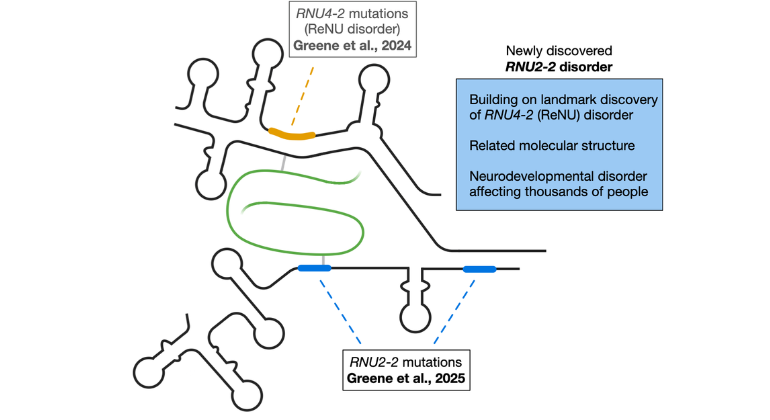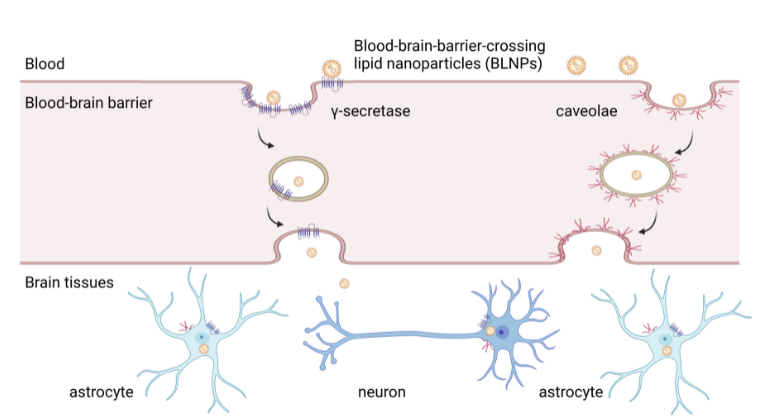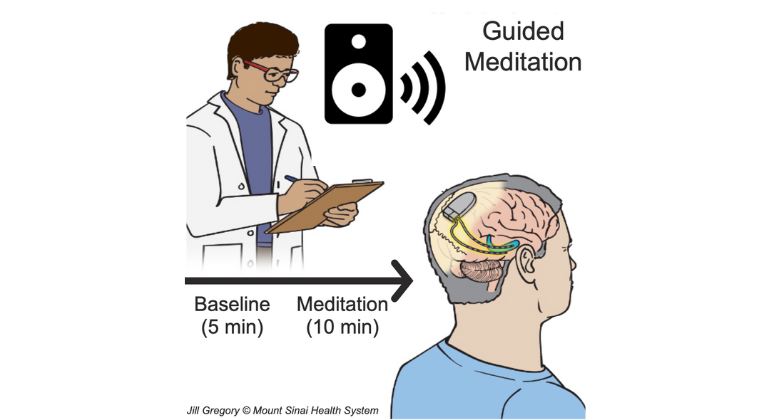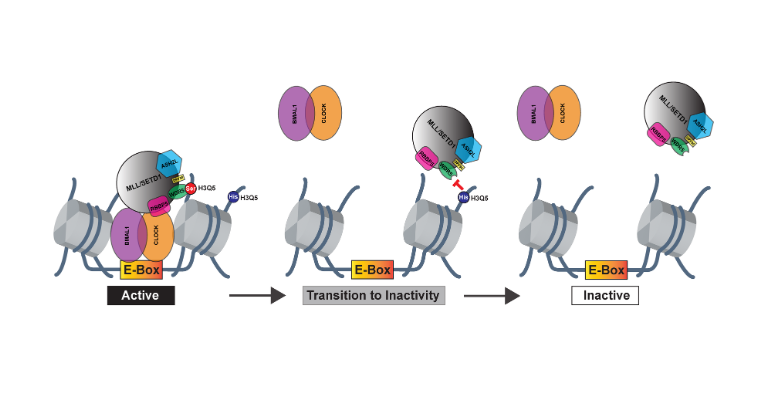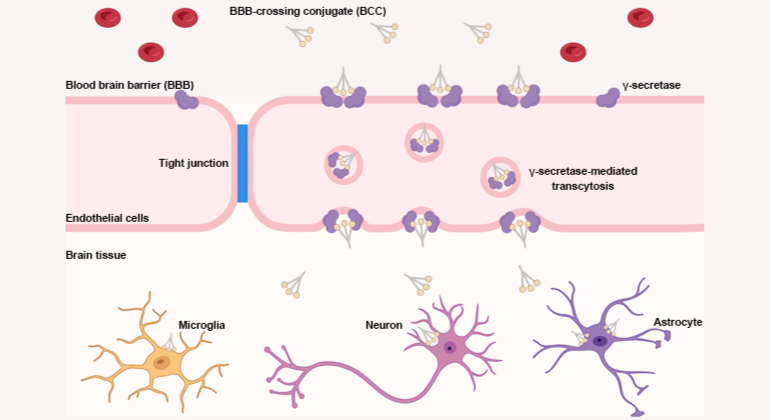Migraine Medication May Be Safe in Pregnant Women
Mount Sinai researchers find that a preventive therapy for migraine has little to no increased risk for birth defects in pregnant women.
A preventive therapy for migraine sufferers has little or no increased risk for birth defects when taken during pregnancy, according to new research from Mount Sinai School of Medicine. Published in Headache: The Journal of Head and Face Pain, the findings indicate that the drug, topiramate, which is classified by the U.S. Food and Drug Administration (FDA) as showing positive evidence of human fetal risk, may actually be safer than first thought for women wanting to prevent the onset of migraine during pregnancy.
Migraines in pregnant women can cause hyperemesis gravidarum—a condition characterized by extreme, persistent nausea and vomiting that may lead to dangerous dehydration levels. Topiramate is FDA-approved for migraine prevention and epilepsy, but preliminary data from the North American Antiepileptic Drug (NAAED) Pregnancy Registry show an increased risk of oral clefts in infants who are exposed to topiramate during the first trimester of pregnancy. This led the FDA to classify it as a Category D drug indicating that there is positive evidence of human fetal risk, but that the potential benefits from the use of the drug in pregnant women may be acceptable despite its potential risks.
Led by Mark W. Green, MD, Director of the Center for Headache and Pain Medicine at Mount Sinai, the research team did a retrospective analysis of women in their first trimester of pregnancy and found that there was little to no increased risk for birth defects in women who took topiramate.
"The FDA's classification of topiramate has made it undesirable to prescribe to pregnant women, for fear of causing birth defects like cleft palate," said Dr. Green. "Our study shows that the incidence of these defects is very low and will help clinicians determine the best course of treatment for debilitating migraines or to treat epilepsy in pregnant women."
Dr. Green and his team evaluated patients' pharmacy and medical claims from 2002 through 2010 and identified 870 infants born from mothers exposed to topiramate and 3,615 babies born to mothers taking other anticonvulsant drugs for a variety of conditions; all were in their first trimester of pregnancy.
They also looked at infants born to women with chronic conditions who did not take topiramate, including migraine (n=16,865), epilepsy (n=2,607), or diabetes (n=13,062), as well as a random sample of other pregnant women (n=99,761).
The frequency of oral clefts was 0.23 percent for women taking topiramate, 0.17 percent for other anticonvulsant medications, 0.16 percent for people with migraines, 0.31 percent for people with epilepsy, 0.16 percent for people with diabetes, and 0.16 percent in the random sample.
"Data assessing the risks associated with topiramate use is limited," said Dr. Green. "Because of ethical concerns, pregnant women are often undertreated during pregnancy and the effects of drugs on the fetus are not studied. Our hope is that clinicians will take our retrospective analysis into consideration when determining a treatment plan for their patients."
Vivus, Inc, the makers of topiramate, provided funding for this study.
Dr. Mark Green receives financial compensation from Zogenix, Inc. and a collaboration between Allergan, Inc./MAP Pharmaceuticals, Inc. These companies develop products for the treatment of migraine.
About The Mount Sinai Medical Center
The Mount Sinai Medical Center encompasses both The Mount Sinai Hospital and Mount Sinai School of Medicine. Established in 1968, Mount Sinai School of Medicine is one of the leading medical schools in the United States. The Medical School is noted for innovation in education, biomedical research, clinical care delivery, and local and global community service. It has more than 3,400 faculty in 32 departments and 14 research institutes, and ranks among the top 20 medical schools both in National Institutes of Health (NIH) funding and by U.S. News & World Report.
The Mount Sinai Hospital, founded in 1852, is a 1,171-bed tertiary- and quaternary-care teaching facility and one of the nation's oldest, largest and most-respected voluntary hospitals. In 2012, U.S. News & World Report ranked The Mount Sinai Hospital 14th on its elite Honor Roll of the nation's top hospitals based on reputation, safety, and other patient-care factors. Mount Sinai is one of 12 integrated academic medical centers whose medical school ranks among the top 20 in NIH funding and by U.S. News & World Report and whose hospital is on the U.S. News & World Report Honor Roll. Nearly 60,000 people were treated at Mount Sinai as inpatients last year, and approximately 560,000 outpatient visits took place.
For more information, visit http://www.mountsinai.org.
Find Mount Sinai on:
Facebook: http://www.facebook.com/mountsinainyc
Twitter @mountsinainyc
YouTube: http://www.youtube.com/mountsinainy
# # #
About the Mount Sinai Health System
Mount Sinai Health System is one of the largest academic medical systems in the New York metro area, with 48,000 employees working across seven hospitals, more than 400 outpatient practices, more than 600 research and clinical labs, a school of nursing, and a leading school of medicine and graduate education. Mount Sinai advances health for all people, everywhere, by taking on the most complex health care challenges of our time—discovering and applying new scientific learning and knowledge; developing safer, more effective treatments; educating the next generation of medical leaders and innovators; and supporting local communities by delivering high-quality care to all who need it.
Through the integration of its hospitals, labs, and schools, Mount Sinai offers comprehensive health care solutions from birth through geriatrics, leveraging innovative approaches such as artificial intelligence and informatics while keeping patients’ medical and emotional needs at the center of all treatment. The Health System includes approximately 9,000 primary and specialty care physicians and 11 free-standing joint-venture centers throughout the five boroughs of New York City, Westchester, Long Island, and Florida. Hospitals within the System are consistently ranked by Newsweek’s® “The World’s Best Smart Hospitals, Best in State Hospitals, World Best Hospitals and Best Specialty Hospitals” and by U.S. News & World Report's® “Best Hospitals” and “Best Children’s Hospitals.” The Mount Sinai Hospital is on the U.S. News & World Report® “Best Hospitals” Honor Roll for 2024-2025.
For more information, visit https://www.mountsinai.org or find Mount Sinai on Facebook, Twitter and YouTube.
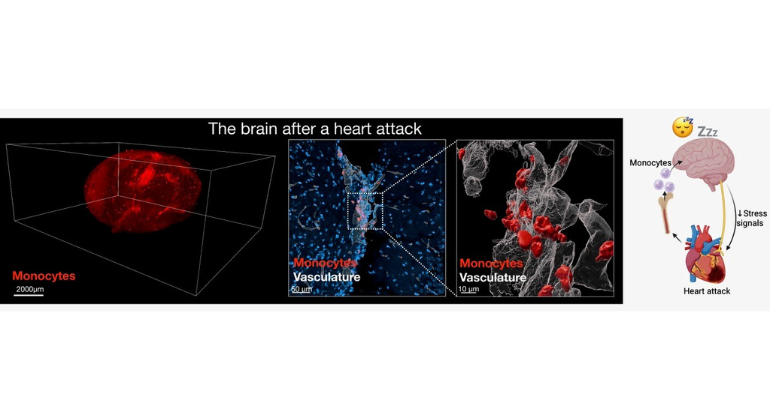
After a Heart Attack, the Heart Signals to the Brain to Increase Sleep to Promote Healing
Oct 30, 2024 View All Press Releases